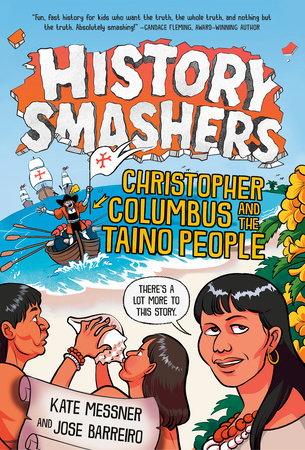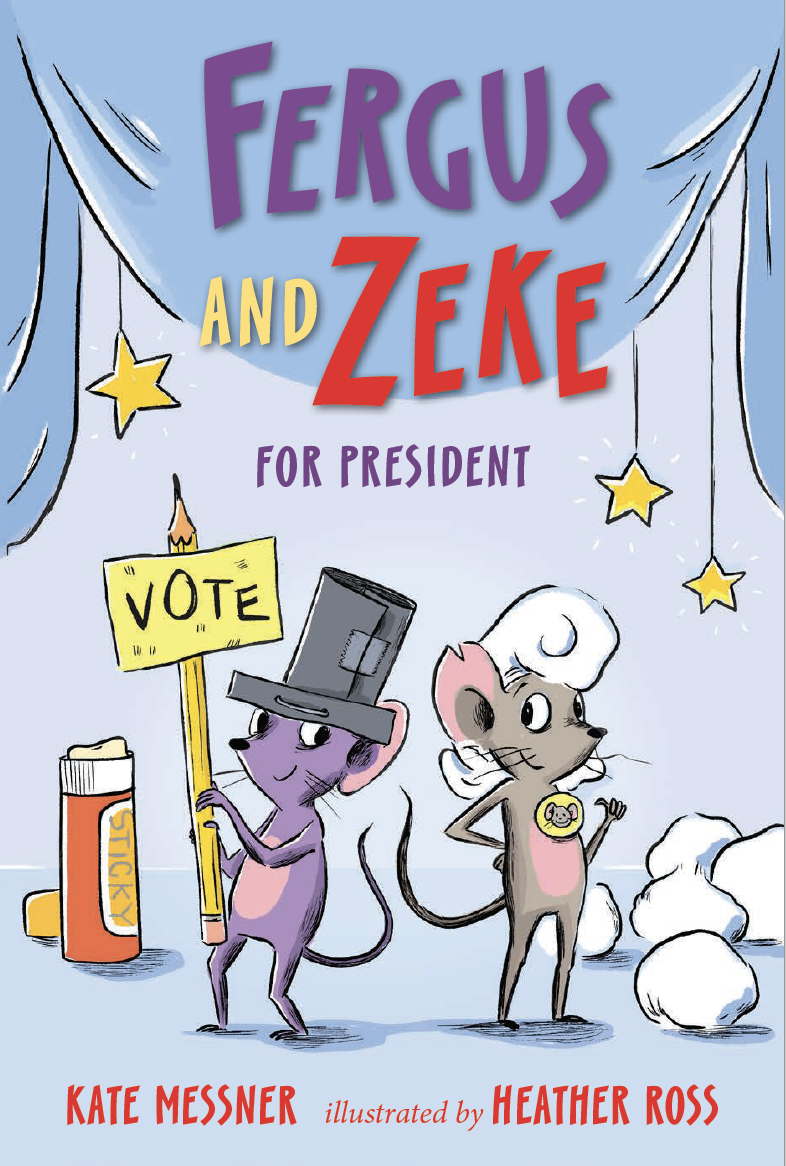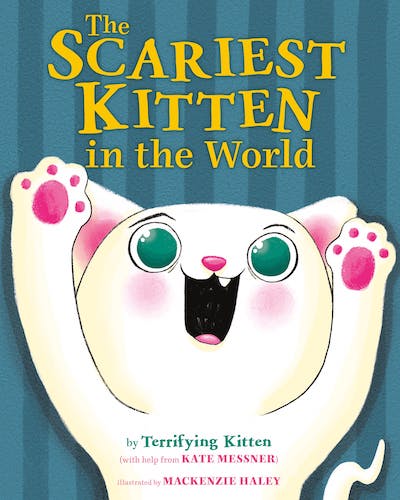 This story begins Emma Jean Lazarus opens a door. Literally, it’s the door to the girls’ bathroom at school, where she finds Colleen Pomerantz (a kind, sensitive girl and not one of the usual 7th grade criers) sobbing over a problem with a friend. Figuratively, it’s the door we all open when we make the sometimes scary decision to reach out to another human being. This is a big deal for all of us, but especially for Emma Jean, who’s one of those brilliant, wise-beyond-her-years kids who seems to watch everything from the sidelines. She reminds me a lot of Lisa Yee’s Millicent Min, Girl Genius. Because Emma Jean is brilliant at math and logic, just like her father who died two years ago, she uses logic to find solutions to her classmates’ problems, with results that are hilarious and heartwarming.
This story begins Emma Jean Lazarus opens a door. Literally, it’s the door to the girls’ bathroom at school, where she finds Colleen Pomerantz (a kind, sensitive girl and not one of the usual 7th grade criers) sobbing over a problem with a friend. Figuratively, it’s the door we all open when we make the sometimes scary decision to reach out to another human being. This is a big deal for all of us, but especially for Emma Jean, who’s one of those brilliant, wise-beyond-her-years kids who seems to watch everything from the sidelines. She reminds me a lot of Lisa Yee’s Millicent Min, Girl Genius. Because Emma Jean is brilliant at math and logic, just like her father who died two years ago, she uses logic to find solutions to her classmates’ problems, with results that are hilarious and heartwarming.
There’s a lot to love about this book. If you’re a writer, you should read it because it’s a fantastic example of how to pull off changing points of view in third person narrative. If you spend any time in a middle school, you’ll love it because the characters are so real. As a middle school English teacher, I recognized these kids. I’ve seen Emma Jean watching the other kids at lunch. I’ve comforted Colleen when one of her friends was mad at her. And I’ve seen them all in their specially picked outfits at that first middle school dance. Author Lauren Tarshis has nailed middle school to a tee; she even understands one of the great secrets of school hallways: that the custodians are the real heroes.
Emma Jean Lazarus goes out on a limb in this middle grade novel (and yes, she really does fall out of a tree). Her journey is one that manages to be funny and sad and uplifting and true, all at once. You’ll love this book.




